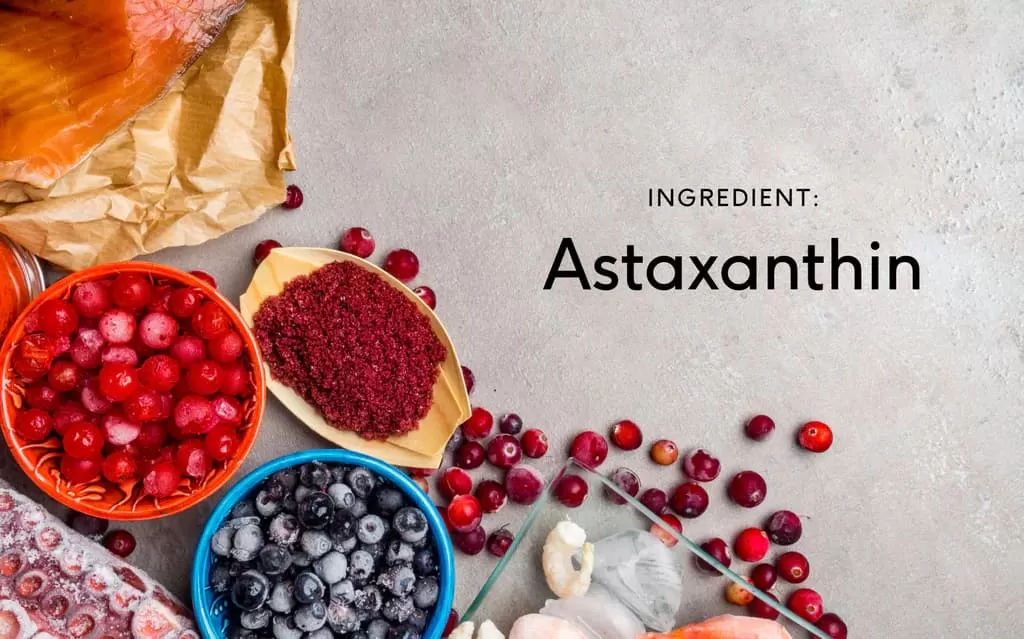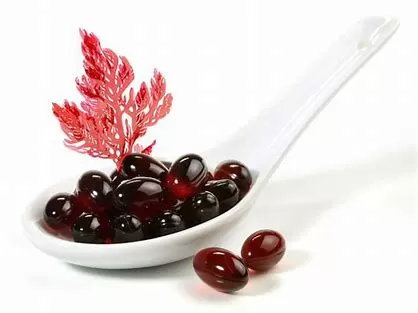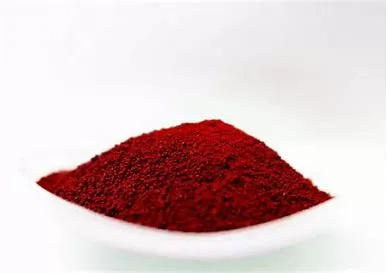- 0086-571-85302990
- sales@greenskybio.com
Is Astaxanthin Safe for Kidneys? Evaluating Its Impact on Renal Health
2025-05-30
Astaxanthin is a naturally occurring carotenoid known for its potent antioxidant properties. Often derived from microalgae, crustaceans, and certain fish, this vibrant red pigment has garnered attention for its myriad health benefits, ranging from reducing inflammation to boosting eye health. As Astaxanthin's popularity as a supplement grows, questions about its safety, particularly its impact on kidney health, have arisen. Understanding the relationship between Astaxanthin and renal function is essential for those considering its supplementation.
Understanding Astaxanthin
Astaxanthin is celebrated for its exceptional ability to neutralize free radicals, which are unstable molecules that can cause oxidative stress, leading to cell damage and chronic disease. Its antioxidant capacity is substantially stronger than that of many other carotenoids, including beta-carotene and vitamin E. This makes astaxanthin a valuable compound in combating oxidative stress associated with aging, immune dysfunction, and various chronic conditions.
Kidney Function and Health
The kidneys are vital organs responsible for filtering waste products from the blood, balancing bodily fluids, and regulating key electrolytes. Maintaining optimal kidney function is crucial for overall health and well-being. Therefore, it is imperative that any supplement, including astaxanthin, is evaluated for its potential effects on kidney health.
Evaluating Astaxanthin’s Safety for Kidneys
1. Antioxidant Protection:
One of astaxanthin's primary benefits is its robust antioxidant activity, which may aid in protecting the kidneys from oxidative stress. Oxidative stress can contribute to kidney damage and exacerbate chronic kidney diseases by impairing cellular function and inducing inflammation. Theoretically, astaxanthin’s antioxidant action could safeguard kidney cells from such damage, helping to maintain kidney health.
2. Anti-Inflammatory Effects:
Inflammation plays a significant role in the progression of kidney disease. Astaxanthin is known for its anti-inflammatory properties, capable of inhibiting factors that contribute to chronic inflammation. By reducing inflammation, astaxanthin may alleviate stress on the kidneys and support healthy renal function.
3. Animal Studies and Preliminary Research:
Early research, mainly in animal models, demonstrates promising effects of astaxanthin on kidney health. Studies have shown that astaxanthin supplementation can mitigate oxidative stress in renal tissues, support normal kidney function, and reduce markers of renal injury in animals. However, translating these findings to humans requires more comprehensive clinical trials.
4. Metabolic and Cardiovascular Benefits:
Though indirect, astaxanthin's role in promoting cardiovascular and metabolic health can have repercussions on kidney function. Because the kidneys are impacted by systemic health conditions like hypertension and diabetes, the ability of astaxanthin to improve lipid profiles, reduce blood pressure, and manage blood sugar levels may ultimately benefit kidney health by reducing renal workloads and potential damage.
Safety Considerations and Potential Risks
While current evidence suggests astaxanthin could be beneficial for kidney health due to its antioxidant and anti-inflammatory properties, there are important considerations to bear in mind:
1. Dosage and Formulation:
Like many supplements, the safety and efficacy of astaxanthin are significantly influenced by the dosage and formulation consumed. While there is no universally recommended daily dose, most studies use doses ranging from 4 to 12 mg per day. Exceeding recommended dosages could pose a risk of adverse effects, including potential impacts on renal function.
2. Individual Health Conditions:
Individuals with pre-existing kidney conditions should exercise caution and consult healthcare providers before starting astaxanthin supplementation. Since astaxanthin is metabolized in the liver and excreted through the kidneys, compromised kidney function may affect how efficiently the body processes and eliminates it.
3. Absence of Long-Term Human Studies:
While animal studies are encouraging, the absence of extensive long-term human studies creates a gap in understanding the full impact of astaxanthin on kidneys. Therefore, prolonged supplementation should be approached with caution until more definitive human data emerges.
Recommendations for Safe Use
1. Consult a Healthcare Professional:
For individuals with existing kidney issues or other medical conditions, consulting a healthcare professional is essential before starting astaxanthin supplementation. They can assess potential benefits and risks based on personal health history and medication interactions.
2. Adhere to Recommended Dosages:
Following established guidelines for astaxanthin dosage ensures that intake is within safe parameters. Selecting high-quality supplements from reputable sources can also minimize risk.
3. Monitor Kidney Function:
Regular check-ups to monitor kidney function are a prudent practice when introducing any new supplement, especially for those with a higher risk of kidney-related issues. This can help detect any adverse effects early.
Conclusion
Astaxanthin presents promising potential benefits for kidney health, mainly through its antioxidant and anti-inflammatory properties. Evidence largely derived from animal studies suggests it might offer protective benefits to the renal system, but more extensive human clinical trials are needed for definitive conclusions.
For individuals considering astaxanthin supplementation, especially those with compromised kidney function or other health concerns, taking a cautious approach with professional advice is optimal. By doing so, astaxanthin can be incorporated as part of a broader strategy to maintain kidney health and overall well-being. As research progresses, the full extent of its impact will become clearer, guiding safer and more targeted usage of this powerful carotenoid.
-
Does astaxanthin affect sleep?
2025-05-30
-
Which food has the highest astaxanthin?
2025-05-30
-
Why is astaxanthin so expensive?
2025-05-30
-
What are the benefits of astaxanthin?
2025-05-30
-
What is astaxanthin made from?
2025-05-30














